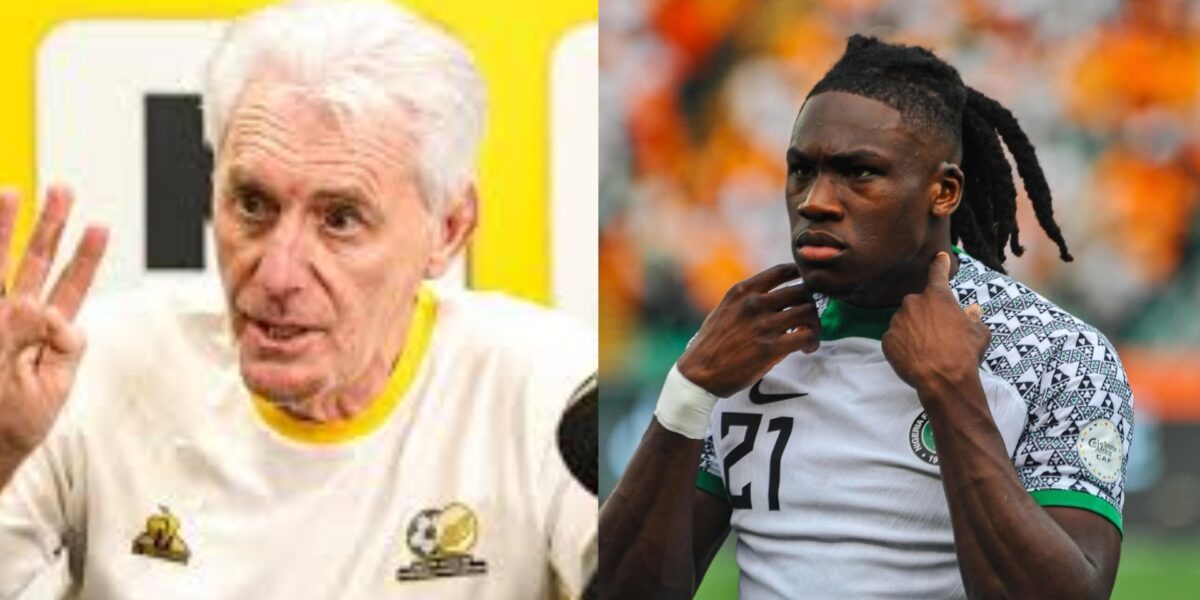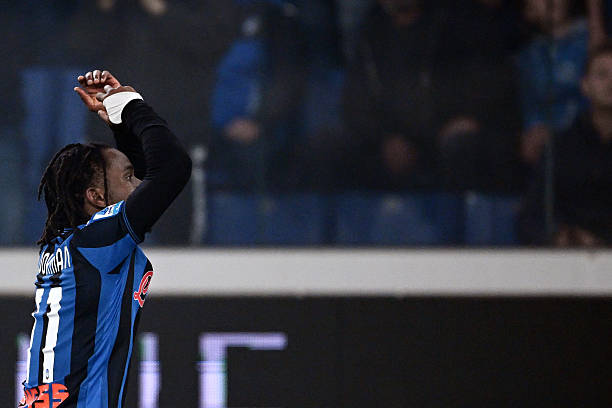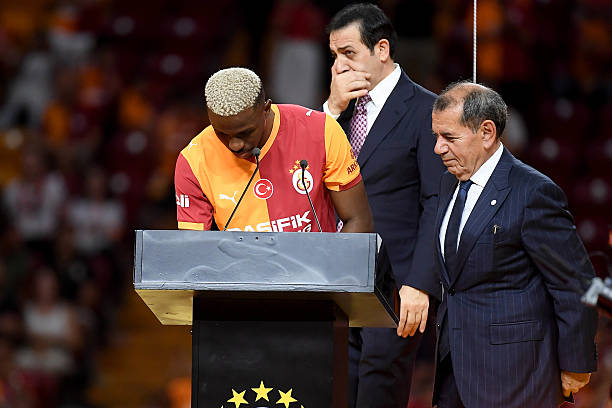It was another electrifying night for football fans across Nigeria and West Africa, as radios crackled and viewing centres buzzed with energy from Lagos to Accra. In homes big and small, families gathered, the nation’s hopes resting on the shoulders of the Super Eagles as they faced off against South Africa. But what started as a routine qualifier soon turned into a spirited debate—both online and at street corners—sparked by a controversial equaliser that is still making waves in the football community.
In a high-stakes FIFA World Cup qualifying match, coach Hugo Broos—tasked with steering the South African national team—has reignited the age-old debate around the rules and fairness in football. After a tense first half, the Bafana Bafana snatched the lead through a fortuitous own-goal from Nigeria’s William Troost-Ekong. But tension in the stadium—and in living rooms across West Africa—only heightened as Fulham’s headed home just before the halftime whistle. The Super Eagles faithful erupted into cheers, but South Africa’s bench—and their Belgian head coach—immediately took issue with the manner of the goal.
For many at packed viewing centres in Surulere and Kumasi, the moment was a blur of motion: Bassey connected powerfully with a cross from Fisayo Dele-Bashiru, sending the ball past the South African goalkeeper. Cheers turned to confusion as replay screens in bars and lounges began dissecting the incident—was it a clean header, or did the ball graze his arm? While the referee allowed the goal to stand, slow-motion replays offered ammunition to skeptics who believed the ball clipped Bassey’s arm before crossing the goal line.
Addressing reporters after the match, Broos did not mince words. He acknowledged that his team could have shown more steel in defence but was firm in his assertion: “We should have been more aggressive in stopping that attack, but in my view, the goal came from a clear handball.” He went on to add, “For the spirit of the game and fairness, decisions like these shouldn’t go unnoticed.” His comments echo a sentiment familiar to Super Eagles supporters who remember tense nights of VAR drama in previous tournaments.
This result—and the ensuing controversy—has added a fresh spark to one of African football’s fastest-growing rivalries. For Ghanaian and Nigerian fans alike, the regional stakes in World Cup qualifiers are never just about three points; they’re about pride, bragging rights, and the ever-present hope of seeing an African team shine on the world stage. The group standings now have Nigeria sitting third in Group C, with 11 points, still chasing group leaders South Africa, who hold a commanding 17-point lead. Qualification remains mathematically possible, but every remaining fixture now carries heightened pressure.
Across social media, opinions are sharply divided. On WhatsApp groups and Twitter spaces, fans from both sides have dissected match clips with forensic intensity. On the streets of Lagos Island, football vendors and danfo drivers debated whether the technology—or lack thereof—plays a fair role in deciding matches at this level. “If this was Europe, VAR go don cancel that goal sharp-sharp,” argued a fan in Mushin. Meanwhile, some Nigerian supporters maintain that the spirit of the game justifies letting marginal calls stand, as they recall painful instances where their own goals were disallowed under contentious circumstances.
The ongoing debate also speaks to broader issues across African football—about access to technology like VAR, referee training, and what true fairness looks like in a sport that unites, divides, and inspires in equal measure. For Ghanaian fans, watching their long-time rivals engage in these high-stakes encounters comes with its own mix of rivalry and respect. As one Accra viewing centre regular put it, “These controversies make every qualifying campaign unforgettable. But it’s high time CAF ensured the same technology everywhere, so we don’t argue over pictures from online streams.”
Globally, incidents like these highlight the enormous pressure facing match officials and the increasing scrutiny of every critical decision. With millions watching around the world—many of them fiercely passionate Nigerian and South African diaspora communities—the margin for error is razor-thin. International pundits have weighed in, some supporting Broos’ stance and others defending the referee’s judgment under intense match conditions. Still, the only consensus is that controversy remains a core part of the beautiful game, especially when World Cup dreams are on the line.
Looking ahead, the Super Eagles must regroup quickly, knowing that every match is now a must-win if they hope to catch up with the high-flying Bafana Bafana. The passion of Nigerian supporters—whether chanting at National Stadium or following the action through grainy TV screens in far-flung towns—is the team’s beating heart. For many, the debate over Bassey’s goal will linger, but so too will the belief in the Eagles’ ability to rise above controversy and keep chasing football glory.
Did you watch the match at home, a viewing centre, or in the company of friends? What’s your verdict on the equaliser—was it just football luck, or should the referee have intervened? Share your views and match-day stories with us in the comments.
Do you have your own football story, fan experience, or opinion piece to share? NowahalaZone is buying stories! Email your submissions to story@nowahalazone.com
For general support, reach out to support@nowahalazone.com
For food-related inquiries, write to food@nowahalazone.com
Follow us on Facebook
Follow us on X (Twitter)
Follow us on Instagram









